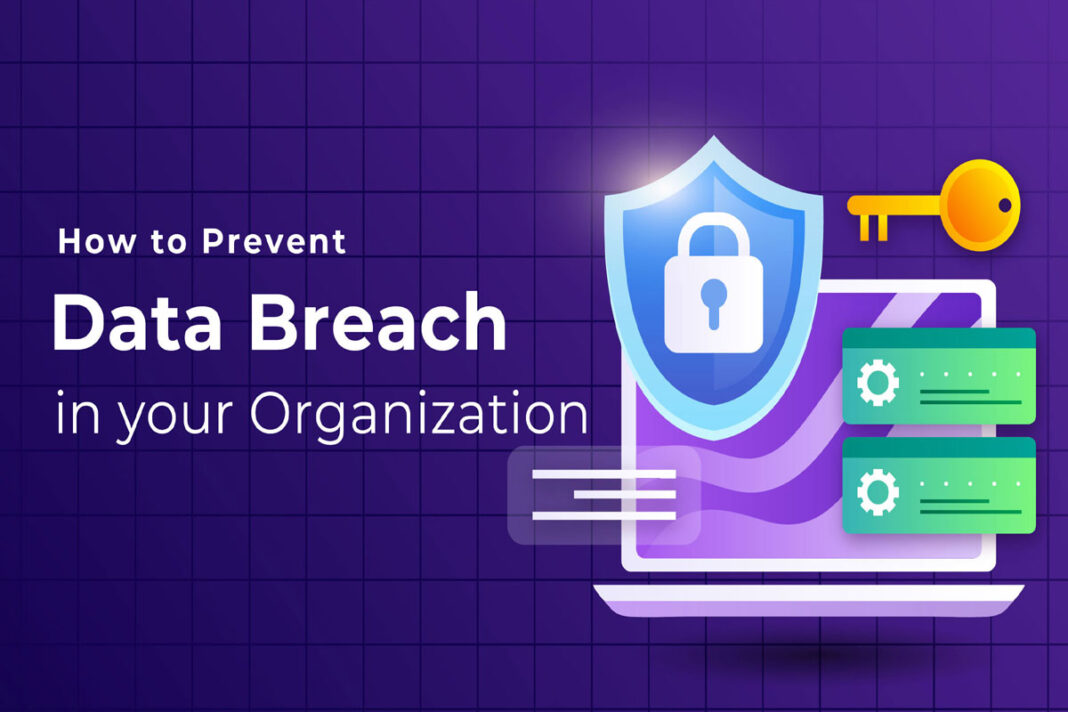I just read an article from Venturebeat about a research by Bitfender that claims that 42% of IT professionals were told to keep data breaches private, i.e. to cover them up.
This is alarming, and raises significant concerns about the state of cybersecurity practices in the business world. According to it, over a third of organizations admit to covering up data breaches, putting pressure on IT professionals to bury the evidence. This practice is not only unethical but also puts the organization at significant risk.
Covering up data breaches is a bad practice by the fact that it undermines the integrity of an organization, and can lead to a lack of trust between the organization and its customers. Furthermore, by covering up security breaches, organizations miss out on the opportunity to learn from their mistakes and improve their cybersecurity posture, leaving them vulnerable to future attacks.
Solution?
This bad practice can be solved by adopting a culture of transparency and accountability in cybersecurity. Organizations should prioritize transparency by openly communicating with their customers and stakeholders about any security incidents that occur. This includes providing timely and accurate information about the scope and impact of the breach, and steps taken to mitigate the damage.
Also, organizations need to take responsibility for their security breaches, and work towards fixing the underlying issues that led to the breach in the first place. This can be achieved through regular security audits and assessments, and by investing in robust security measures such as firewalls, intrusion detection and prevention systems, and regular employee training.
To further ensure transparency and accountability, organizations should consider implementing incident response plans that outline how they will respond to security incidents, including how they will communicate with stakeholders and customers. Additionally, organizations should also work with regulatory bodies to establish reporting requirements and protocols for security incidents.
Ultimately, the most effective way to protect an organization from data breaches is to prevent them from happening in the first place, and this can only be achieved through a comprehensive and proactive approach to cybersecurity.



